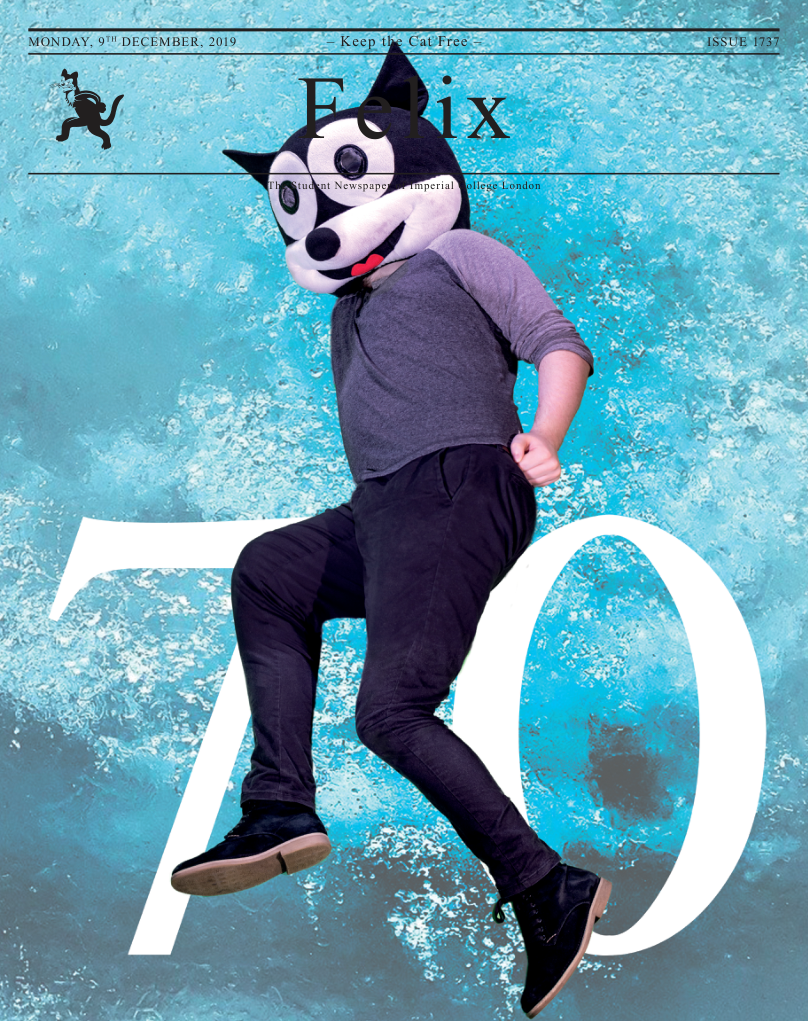“If you dare to struggle, you dare to win...”
This week marks the 50th anniversary of the assassination of Fred Hampton. Union President Abhijay Sood reflects on Hampton’s influence as a young radical and lessons we can learn from him today

Before dawn on December 4th, 1969, Fred Hampton was murdered in his bed. He was killed in a police raid with the assent of local law enforcement, the state government’s prosecutor’s office, and the FBI. He was 21 years old.
Hampton was a member of the Black Panther Party. Established in 1966, the Black Panthers were founded as a reaction against racist police brutality, with the core practice of “copwatching”, where they formed an armed citizens patrol to protect each other from the police and monitor police action. They cited the law as a defence when challenged, eventually precipitating strict gun control laws, including in California where the legislation passed was supported by then governor Ronald Reagan. The Black Panthers also organised support for black citizens at a time when the government was doing little to economically empower black communities, with social programs including free breakfasts for poor children, after-school programs, and community health clinics.
Hampton joined the Panthers in Chicago in late 1968. He was instrumental in significantly expanding the party’s membership; he organised weekly rallies, taught regular political education classes, and contributed much to copwatching and free breakfast programs. Perhaps most significantly, he brought Chicago street gangs together to form a non-aggression pact, emphasising that class solidarity would be the key to lift people from poverty, whereas racial divisions would only maintain them. He eventually became the chairman of the Illinois chapter and deputy chairman of the entire Party.
This organising, and his skills as an orator, made Hampton a threat to entrenched power; J. Edgar Hoover, 1st director of the FBI and inveterate racist, regarded him as an enemy agitator, and had him surveilled. At the same time, the FBI fomented mistrust among disparate members of Hampton’s “rainbow coalition” (the multicultural political group), sparking violence and fracturing among the different groups he’d brought together. Eventually, they blackmailed a convicted criminal, William O’Neal, into infiltrating the Chicago Panthers, who supplied them with the intelligence in advance of the fatal raid.
Hampton was drugged by O’Neal on the evening of December 3rd, and was thus unable to react when law enforcement stormed the building he was in, murdered one of his associates, wounded him and then shot him twice more for good measure. His partner, heavily pregnant, had been sleeping next to him and was forcibly removed from the room before his death.
I wanted to write about this story for two reasons. First, I think it’s important that we understand that no matter where in the world you might be, people with power are capable of abusing it, and that the government and law enforcement don’t necessarily have your best interests at heart.
Second, I think there’s something we can draw from Hampton’s story, and the positive albeit short-lived impact he was able to have in his community. To me, it’s amazing a 21-year old could become a focal point for organising significant enough change that huge government agencies determined he was a threat worthy of elimination. Through tenacity and strength of will, Hampton changed the equation of black libertation and social change in Chicago. In doing so, he made enemies, just as Martin Luther King, Thomas Sankara, Mahatma Gandhi and so many others did. Change threatens people in power. And though the reaction against the Panthers eventually led to their disintegration in the 70s, their efforts resulted in black Americans gaining a lot of ground on civil rights, and shined a spotlight on various social issues that had been hitherto ignored. While the personalities of individual leaders do provide focal points for movements, the strength of these movements is really in numbers.
In my mind, the most significant lesson we can learn from Hampton’s story is that, if they could achieve so much in the face of poverty and persecution, we should be able to do even more from our position of relative privilege. The injustices and issues we face now are no less pressing than they were then – economic injustice, climate injustice, racial injustice. If they could act then, we have no excuse to fail to act now.
In Hampton’s words: “if you dare to struggle you dare to win, if you dare not struggle, then damn it, you don’t deserve to win.”









